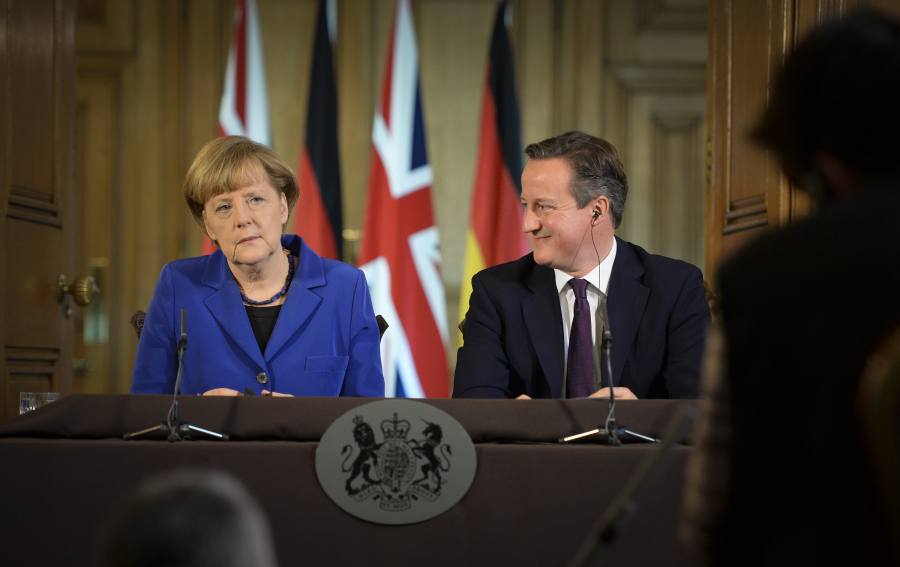Citizens of Commonwealth and Ireland besides the British voters will decide on UK’s In and Out referendum, No 10 said in a statement

Prime Minister David Cameron will meet European Commission President Jean-Claude Juncker at Chequers today to discuss issues related to UK-EU relations.
Legislation for the voting eligibility of the referendum – which the Conservatives have promised to hold before the end of 2017 – will be introduced to Parliament via the EU Referendum Bill on Thursday, BBC reported. The Bill will make clear that the franchise will follow broadly the same rules as the general election:
British, Irish and Commonwealth citizens over 18 who are resident in the UK will be eligible to vote. So too will UK nationals who have lived overseas for less than 15 years.
The franchise will not include 16 and 17-year-olds, unlike the Scottish independence referendum.
Members of the House of Lords and Commonwealth citizens in Gibraltar will also be allowed to vote, although they cannot participate in general elections.
A Number 10 source said: “No Brit under the age of 58 has had their say on the UK’s membership of the European Union.
“It is time to put this right and to give people the choice – in or out.
“This is a big decision for our country, one that is about the future of the United Kingdom. That’s why we think it’s important that it is British, Irish and Commonwealth citizens that are the ones who get to decide.”
Eurosceptics have previously claimed that as many as 1.5 million people from other EU countries could have been allowed to vote in the referendum, if it had taken place under the rules for local government elections which allow citizens of other member states to vote in them.
Former Tory defence secretary Liam Fox, a Eurosceptic, said allowing EU citizens to vote in the referendum “would have been an unacceptable dilution of the voice of the British people”.
However, the SNP is expected to try and get the government to alter the legislation so it allows 16 and 17-year-olds to vote.